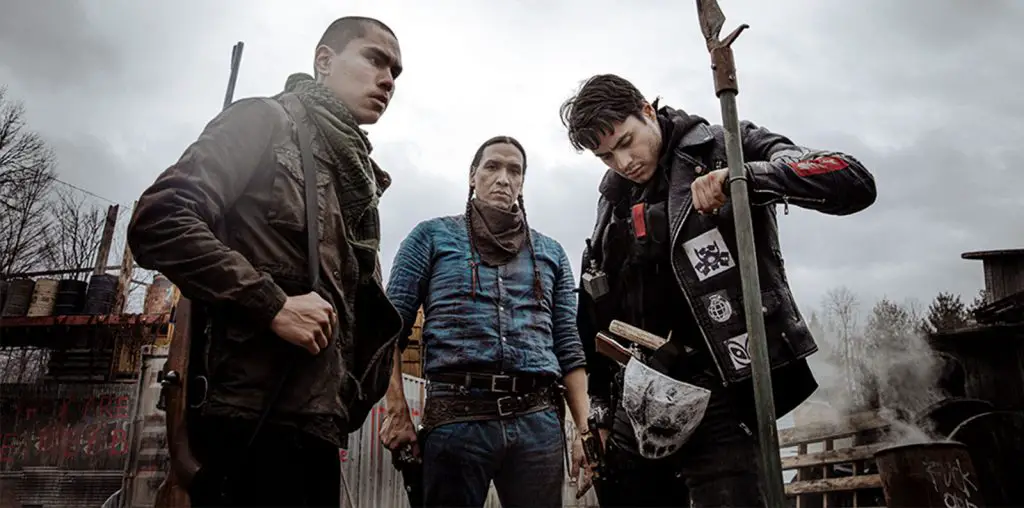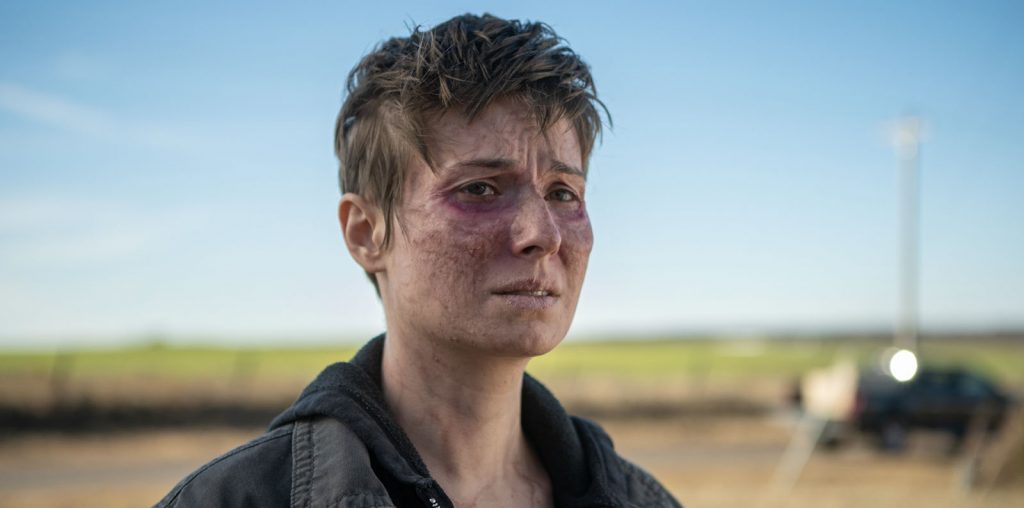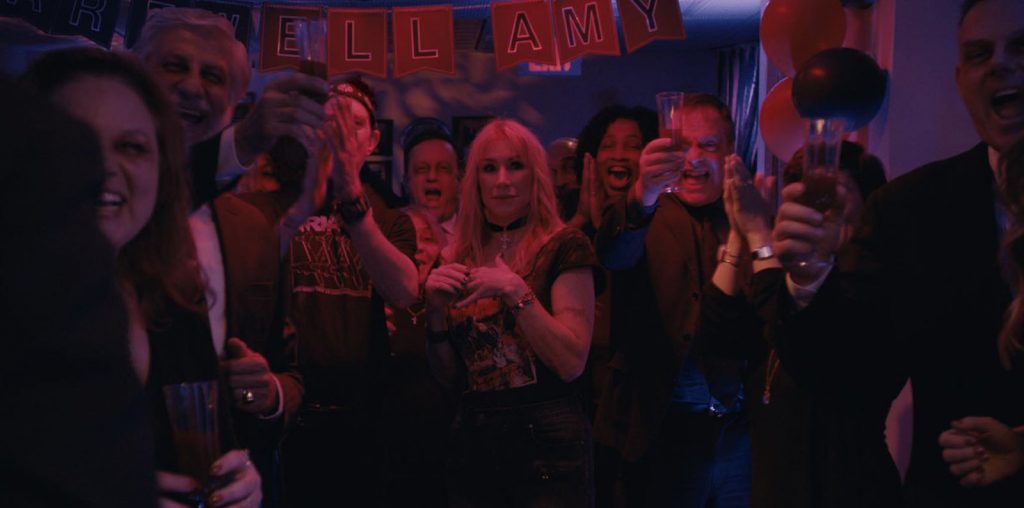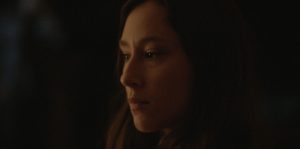
And then the film just… ends, at what is arguably its peak moment. All sorts of revelations dawn upon the characters, but what they do with those revelations – or what Del Principe was trying to ultimately communicate to his audience – remains unsaid. The movie consequently feels incomplete; all build up with next-to-no resolution. Perhaps there is no resolution for these characters, but their hopelessness shouldn’t translate to filmmaking ambivalence.
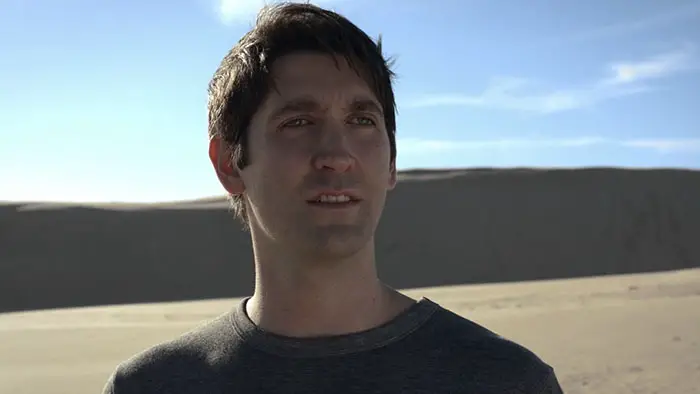
“…the film just…ends, at what is arguably its peak moment.”
Perhaps I’m being a tad harsh towards Up on the Glass, but it’s because the narrative works so well until it skids off. Del Principe builds his house of cards with such assurance and precision that you can’t help but get involved. He touches upon a plethora of themes and ideas: the fine line between resentment and toxic masculinity, our preconceived notions of success, the futility of envy. The filmmaker expertly juxtaposes his two lead characters, one ostentatious and eager to prove himself, the other introverted and so bitter he’s on the verge of exploding.
There’s a conversation in Up on the Glass between Andy and Jack that I love. It’s about how being too smart may impede one’s abilities to succeed. “I’m more successful, but never been as smart,” Andy tells Jack. “I think you’re too smart… There’s grand connections to be made. I don’t see them. I find that nothing matters too much. It frees me.” Del Principe manages the feat of encompassing both characteristics: he’s smart enough to realize that there are grand connections to be made, but ultimately seems to say that none of it matters that much. I sure hope he feels free.
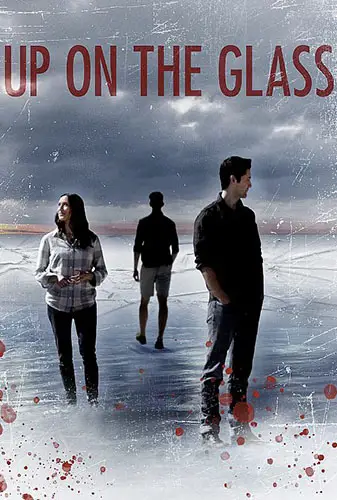
"…lacks the courage of its convictions."
